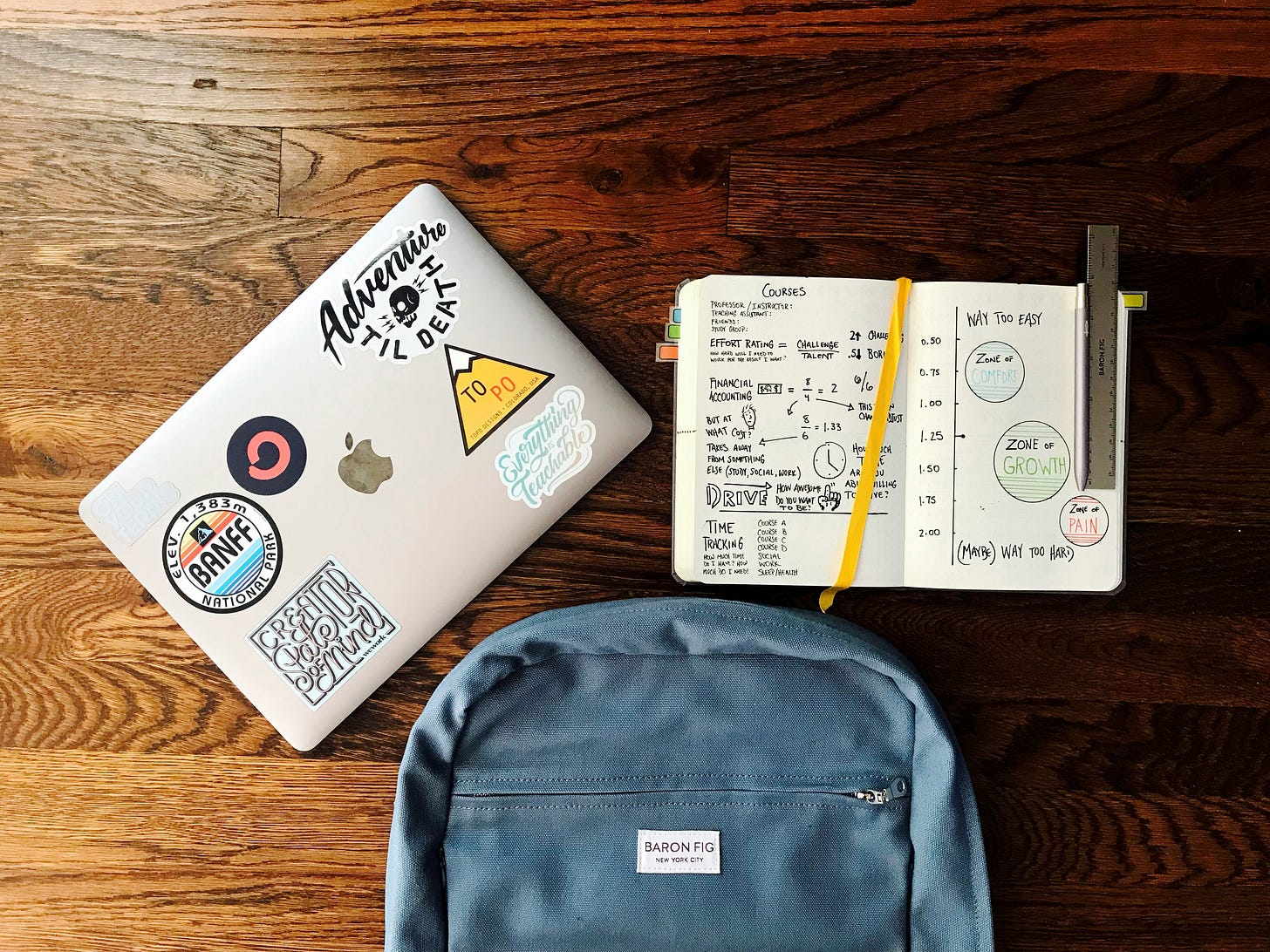Every college — both four-year and two-year colleges — has an office that provides basic accommodations for students with disabilities. The name of this department varies from school to school. At Rutgers, it’s called The Office of Disability Services. At NYU, it’s called The Moses Center for Student Accessibility (CSA). At Marist, it’s the Office of Accommodations and Accessibility.
Remember, college is different from high school. College students are no longer protected by IDEA. They can request certain accommodations for their coursework, but the content of the class cannot be modified. Those accommodations are managed by these Disability Offices — onboarding is a several step process.
In the summer before school starts, students should apply for services. They must show recent evaluations or an IEP that provide evidence of a disability. Marist College defines a disability as “a physical or mental impairment that substantially limits one or more major life activities, e.g., walking, seeing, hearing, speaking, breathing, learning, working, caring for oneself, and/or performing manual tasks.”
The process for getting approval for services varies from school to school. More well-resourced colleges will have a larger staff to manage the intake process and the process happens faster. In general, your student will provide documents, fill out a request form, and have an intake interview with staff.
During the intake interview, the staff and your student will agree on the accommodations. Accommodations vary from school to school, too. Possibilities include: textbooks in an alternate format, note-taking services, readers, scribes, extra time on tests, a quiet room for tests, and the use of assistive technology. Staff might point the student to other campus services, like therapy and tutoring.
The Office of Disability Services cannot ask the professor to make any changes in the content of the class. The syllabus is the same syllabus for every student. It also cannot ask the professor to give verbal prompts, provide class notes, change the evaluation expectations, reduce the reading requirements, or tolerate behaviors that interfere with classroom instruction.
After getting approved for one or more accommodations, the Office of Disability services will send the student an email every semester, called a Letter of Accommodations. Every semester, the student must send a copy of that letter to each of their professors alerting them to the fact they will need, for example, extra time on tests and a quiet room. Before an exam, the student must reserve a spot in a special testing room, and then notify the professor that the exam should be sent to the test room at the scheduled time.
Students require some basic organizational skills to manage the system independently. Some families hire an executive function coach to support the student with this process. Students that need greater help should consider a specialized program or college.




